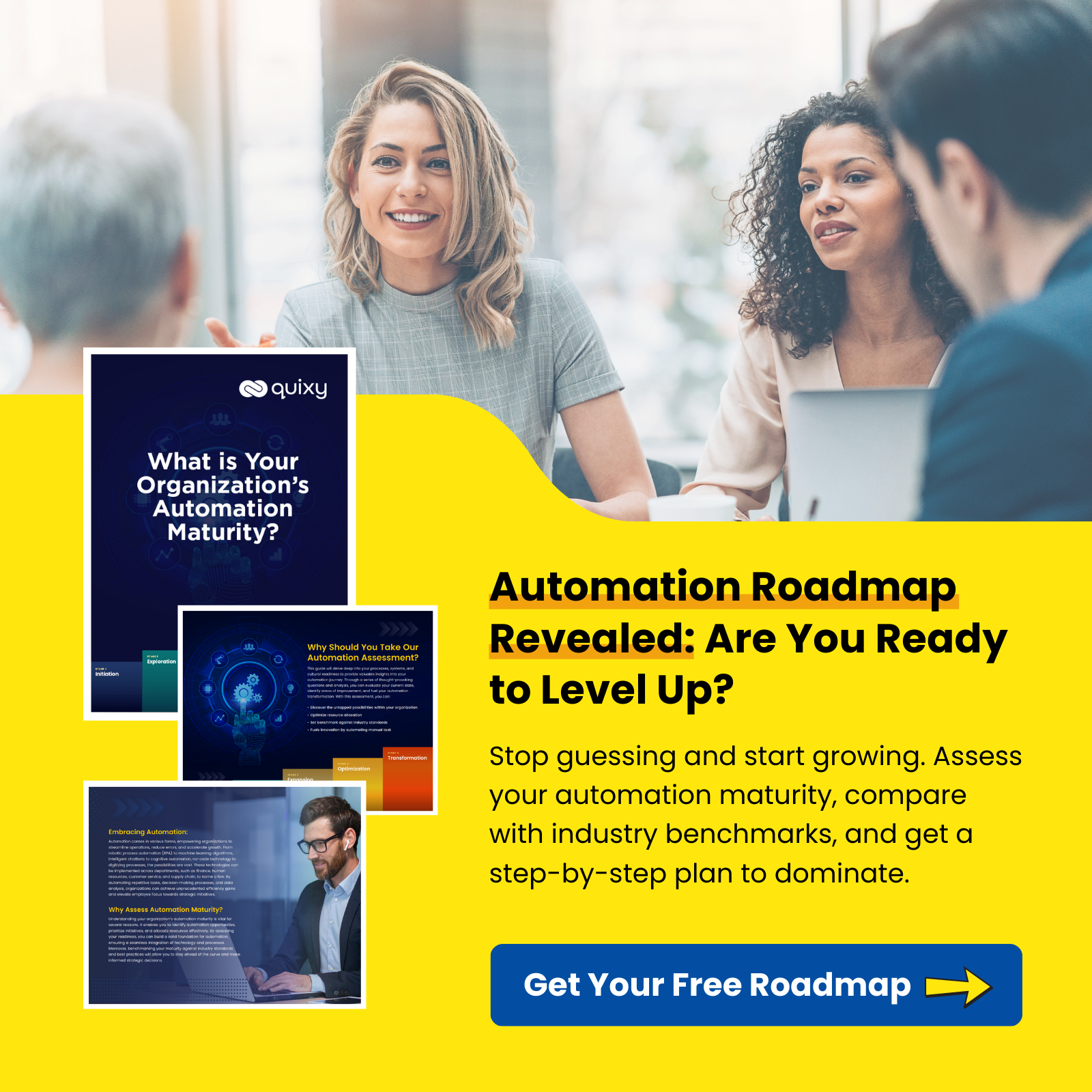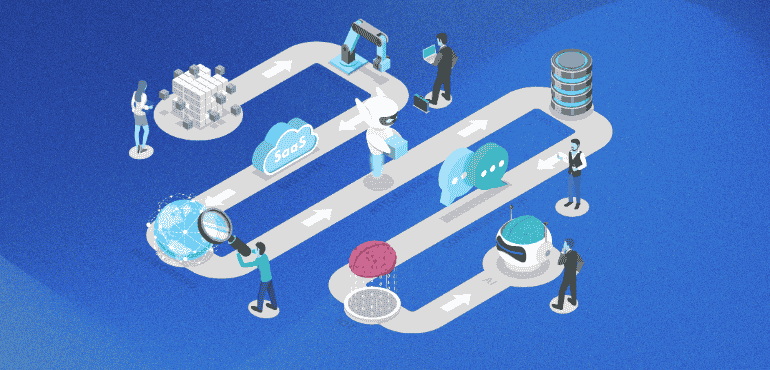
Enterprise Digital Transformation in 2026: A Practical Leadership Guide
Reading Time: 6 minutesEnterprise digital transformation is no longer optional. It is structural. In 2026, most large organizations have invested in cloud infrastructure, workflow automation, analytics, and AI. Yet many still struggle to translate those investments into sustained enterprise-wide impact. The reason is not technology. It is alignment. Enterprise digital transformation succeeds when strategy, architecture, governance, funding, and
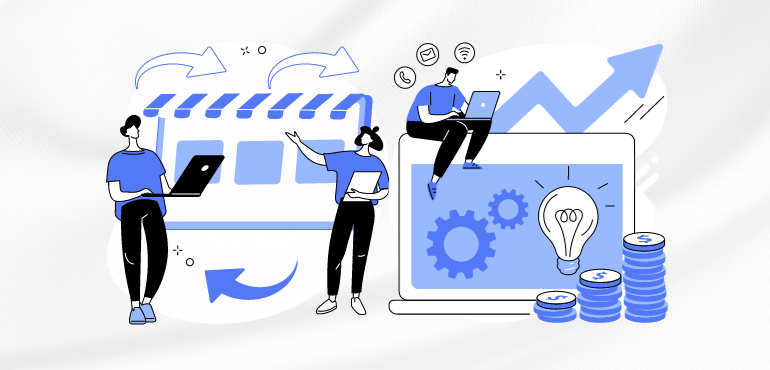
10 Essential Components of Digital Transformation: A Structural Framework for Enterprise Leaders
Reading Time: 6 minutesDigital transformation does not break down because organizations lack vision. It breaks down because foundational digital transformation components are built unevenly. A company may migrate to the cloud but retain fragmented workflows.It may invest in analytics but lack data governance.It may automate processes without aligning accountability. The result is motion without momentum. For C-level leaders,
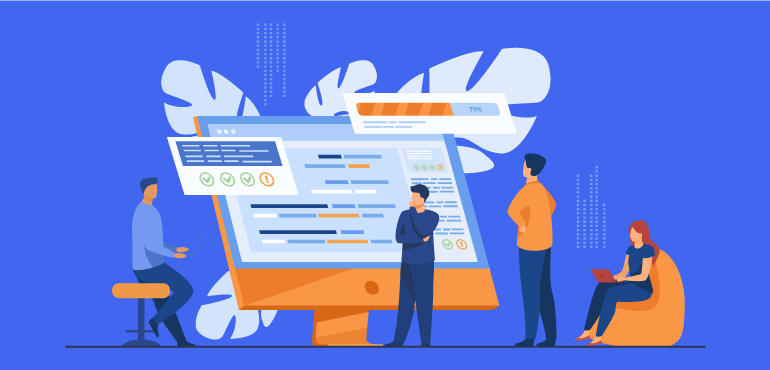
Top 15+ Impactful Benefits of Digital Transformation for Modern Enterprises
Reading Time: 10 minutesDigital transformation is no longer a competitive advantage. It is operational infrastructure. Across industries, organizations are modernizing systems, digitizing workflows, and embedding data into decision-making. According to Gartner, the vast majority of enterprises now prioritize digital initiatives as core strategic investments. Global spending continues to rise, reflecting the shift from experimentation to enterprise-wide transformation. But
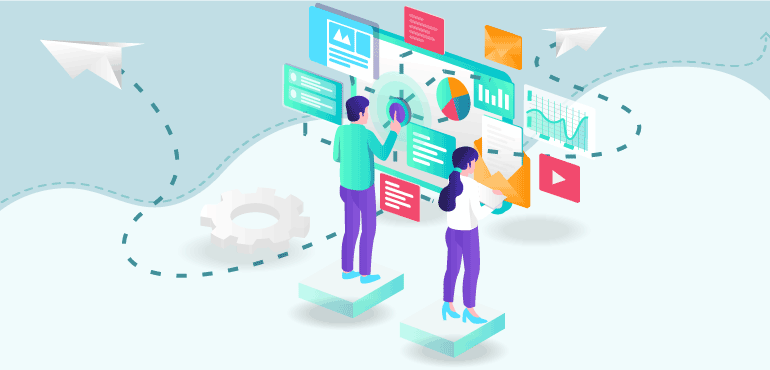
Digital Transformation Roadmap 101: Strategy To Deploy Competitive Business
Reading Time: 6 minutesMost digital transformation programs don’t fail because of weak ambition. They fail because of poor sequencing. Initiatives launch simultaneously without coordination. Dependencies surface too late. Budgets stretch. Teams burn out. Leadership loses visibility. What started as a bold transformation becomes a collection of disconnected projects competing for time, funding, and attention. The issue is rarely

How to Build A Winning Digital Transformation Strategy in 2026
Reading Time: 9 minutesIf the last few years have taught enterprise leaders anything, it is this: buying technology is easy. Transforming a business is not. By 2026, most organizations are no longer debating whether to invest in digital. They already have. Cloud migrations have happened. Automation tools are in place. AI pilots are running. Dashboards are everywhere. And

Digital Transformation in 2026: What It Is, Why It Matters, and How to Succeed
Reading Time: 18 minutesDigital transformation in businesses has now become imperative. In a recent survey, 87% of participating business leaders said they feel at risk if they fail to innovate digitally. The same message comes across from every conference, keynote, panel discussion, article, analyst report, or study on how businesses can remain competitive and relevant as the world becomes
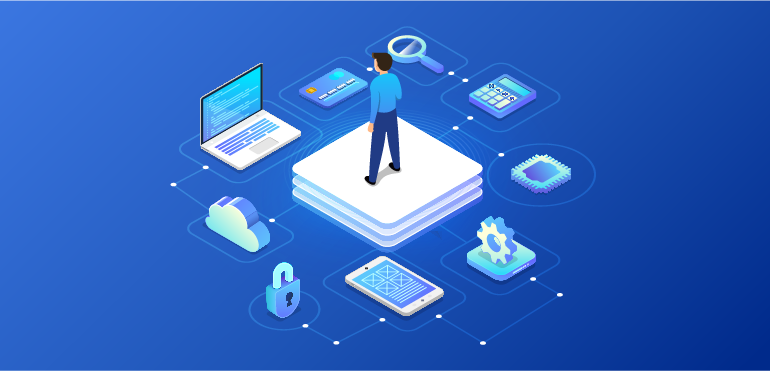
20+ Real-World Digital Transformation Examples Across Industries
Reading Time: 13 minutesDigital transformation looks different in every organization — but the most successful initiatives all have one thing in common: they solve real business problems using digital capabilities. While many digital transformation efforts struggle to scale, companies that focus on outcomes not tools see measurable gains in efficiency, customer experience, and agility. In this article, you’ll
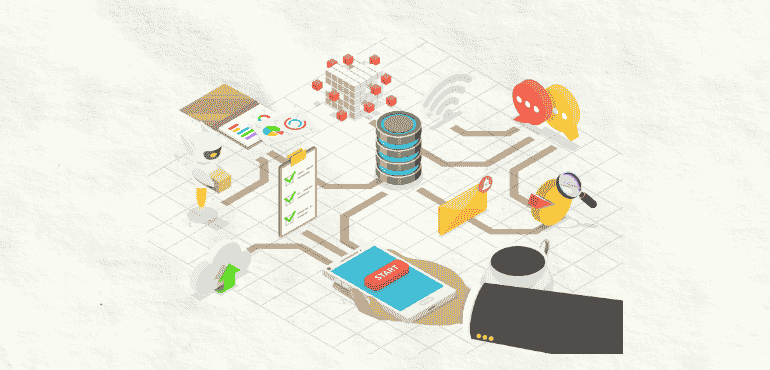
Dead Code Is Quietly Killing Digital Transformation And Governed No-Code Is the Way Out
Reading Time: 8 minutesMost digital transformation programs do not fail loudly. They erode quietly. Systems continue running. Dashboards still refresh. Reports still get generated. Yet decision-making slows, execution confidence drops, and every change feels riskier than the last. One of the most overlooked reasons for this erosion is dead code — or, more accurately in modern business systems,

Master Blockchain Applications and DApps: A 2026 Developer’s Handbook
Reading Time: 10 minutesHow secure are your business transactions? Can you fully trust your data? With cyber threats escalating, compliance requirements tightening, and digital operations becoming more complex. Today’s businesses need a solution that protects their data and drives efficiency and innovation, where traditional solutions can’t. This is where blockchain application redefines the game – delivering unbreakable security,
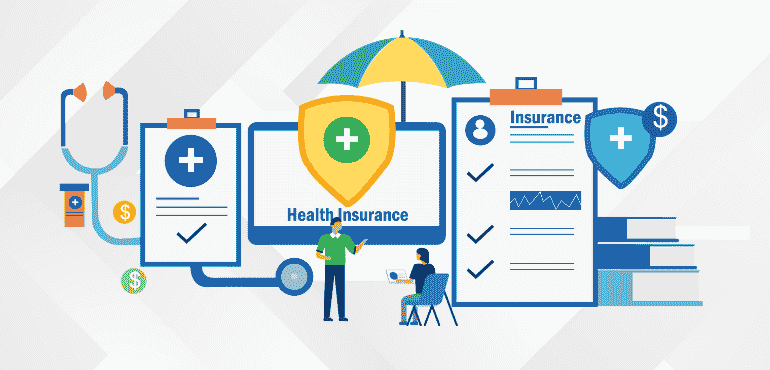
Digital Transformation in Insurance: Smarter, Faster & More Personalized in Year 20262
Reading Time: 6 minutesInsurance companies today are working hard to keep up with changing customer expectations. Traditional processes like manual paperwork, delayed claims, and rigid policy options have become roadblocks to delivering the kind of service that policyholders want. That’s where digital transformation in the insurance industry comes in. By embracing technologies like automation, AI, and data analytics,













